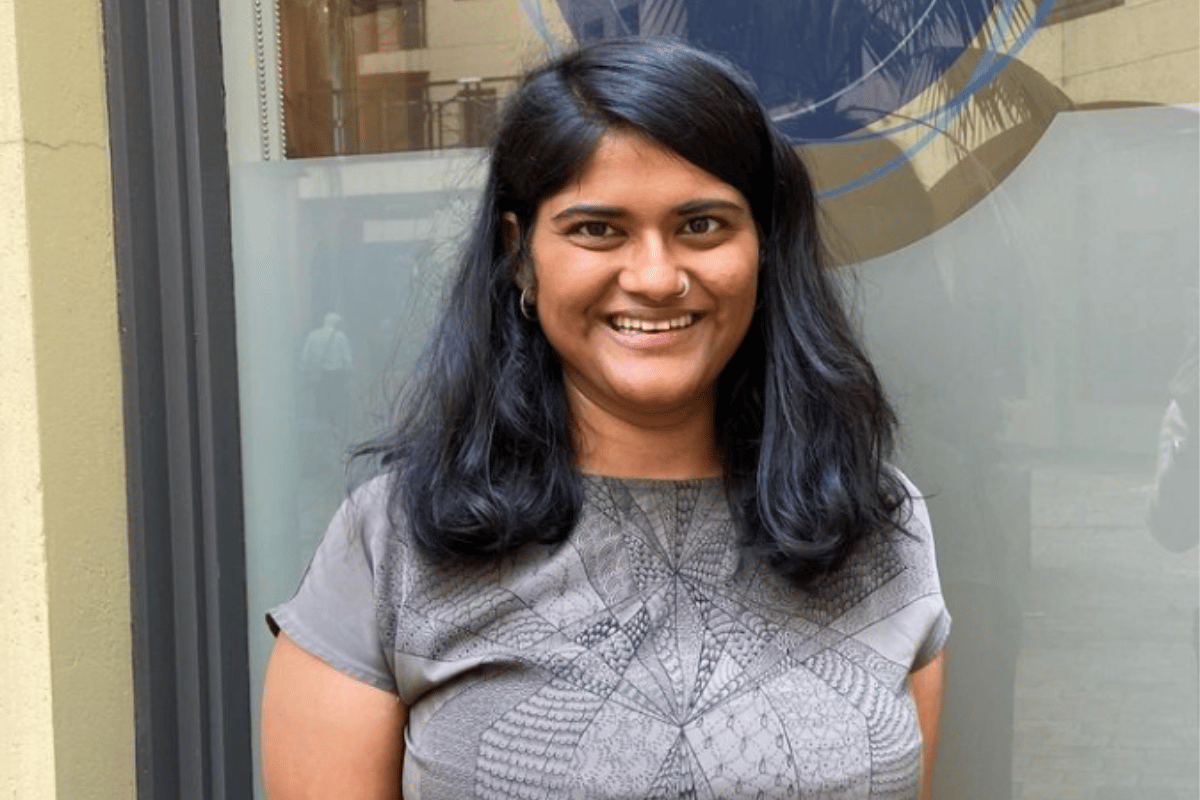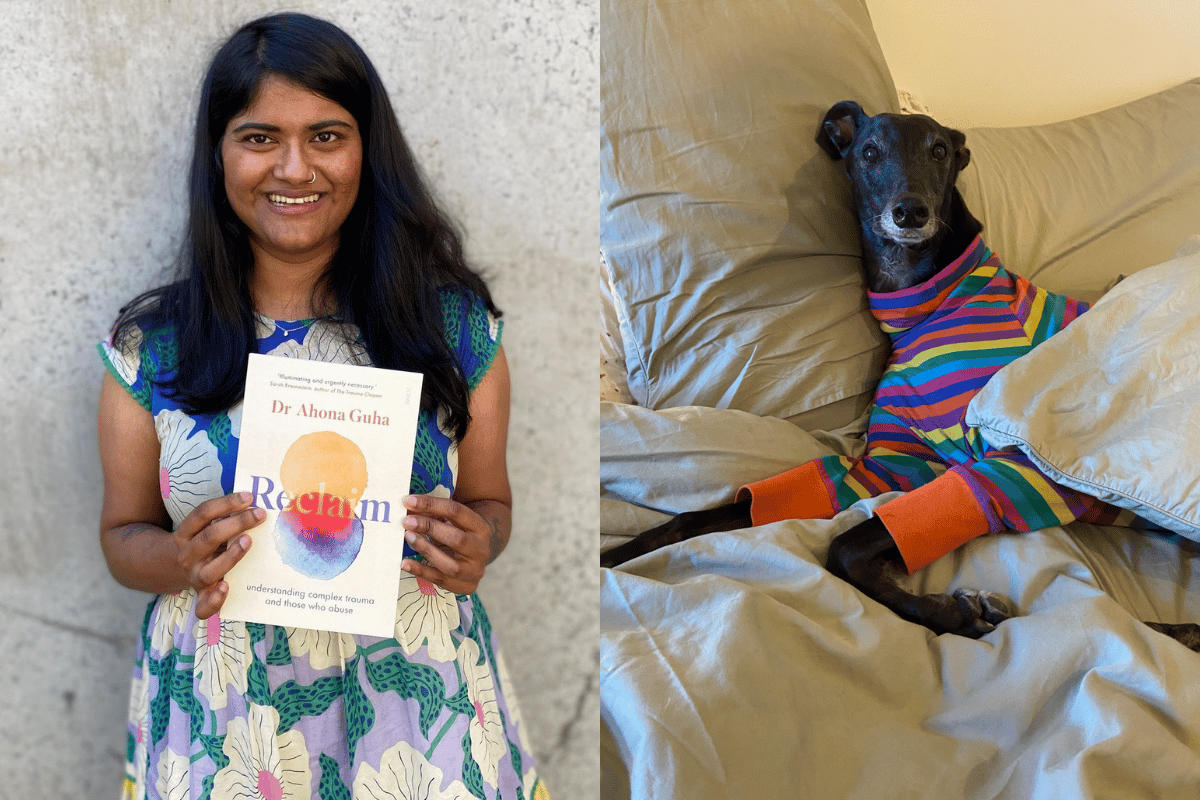
Complex trauma is a beast we struggle to tackle — how to acknowledge it, how to deal with it, let alone treat it.
In the Zeitgeist, conversations about trauma feel like they're at an all-time high.
Some professionals in the psychology field feel the pendulum has swung too far in the opposite direction — saying we as a collective might be using the term 'trauma' too flippantly now.
But clinical and forensic psychologist Dr Ahona Guha feels differently.
Watch: Clinical psychologist Dr. Ramani argues why the term 'trauma' has the potential to be overused. Post continues below.
"There are some who are concerned about concept creep. We all to some extent use terms like trauma, abuse and bullying flippantly. But I think as long as we are aware of how we're using our language, then there's no cause for concern," she tells Mamamia.
"This language was only in psych textbooks for so long, and now it's far more accessible. It's a good thing to be able to put into words what we feel and experience, and if that helps a layperson [someone not in the professional psychological community] seek out information about their mental health, that is great."

